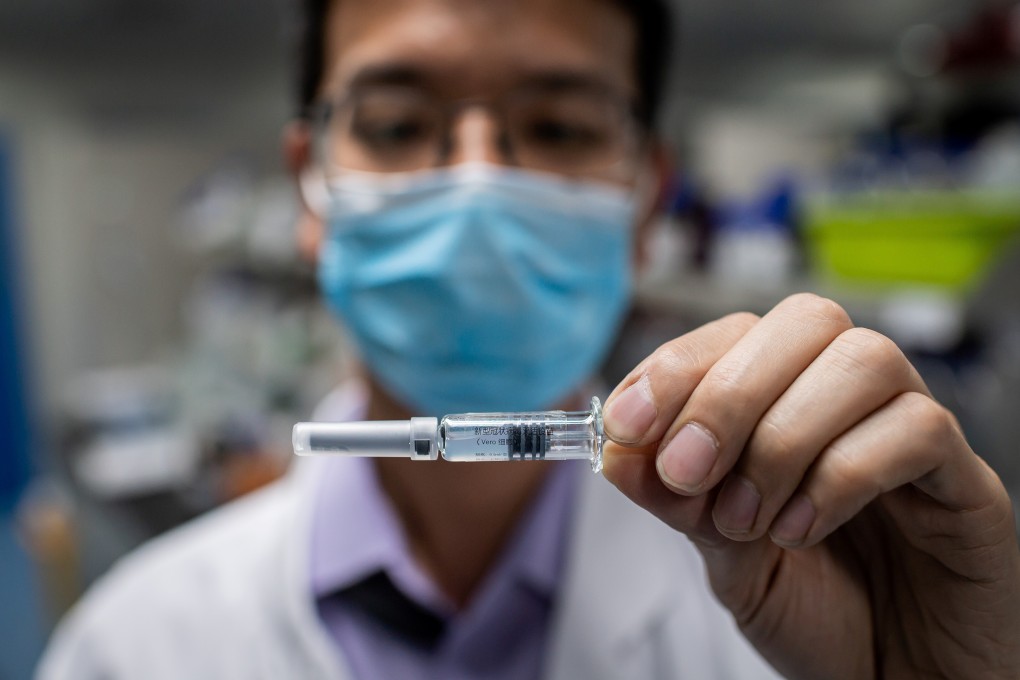Explainer | How Covid-19 vaccines can win approval from medical regulators
- Drug makers around the world are racing to get their products to market condensing a process that typically takes years down to a matter of months
- While products can be cleared for emergency use, regulatory bodies in China and the US will want to see an efficacy rate of at least 50 per cent

The race to stop the spread of Covid-19 has triggered the fastest development of vaccines in history as pharmaceutical companies condense a process that typically takes years into a matter of months.
A number of candidate vaccines are expected to report results from their final phase trials in the coming weeks and months, and the process is shaping up to be a challenging time for the world’s regulators with multiple vaccines that use different technologies potentially seeking approval.
The urgency of the situation – a public health emergency that has cost more than 1 million lives worldwide – means that regulators will seek to balance risk with benefit.
What does it take to get a vaccine approved?
Vaccines are vetted through the multiple stages of a clinical trial.
The first two phases show if an experimental vaccine is safe and produces an immune response to the coronavirus in the lab.
Successful candidate vaccines then progress to large-scale phase 3 trials, which evaluate whether they will protect people against Covid-19 and conduct further safety checks.